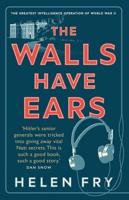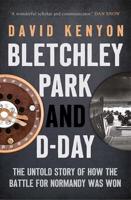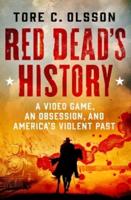Publisher's Synopsis
The period 1494-1628 is critical in the history of artillery. Guns, gunpowder and gun carriages underwent such a major transformation that they would remain virtually unchanged for over three centuries. This book explains the development and use of artillery during this critical period. The forge and foundry where they were made and the lives of the men who made them are also thoroughly investigated. I begin by reviewing the development of medieval artillery and then establish the real significance of the French invasion of Italy in 1494, often seen as the beginning of an 'artillery revolution'. I propose the development of a 'new artillery' in the late medieval period, with the events of 1494 confirming the significance of these changes in the popular imagination and in the minds of later historians. Through the extensive use of contemporary sources, I have written what may be called a modern version of the The Compleat Gunner. This is a summary of all the best advice on how to inspect, load, aim a cannon and even how to hit the target. I deal with every aspect of the gunners' art including the loadin, instruments and ammunition as well as the manufacture of gunpowder and saltpetre. This book contains the first authoritative summaries of the recent manufacture and trials of guns from this period. These were by the Royal Armouries/ Mary Rose Trust, the Vasa Museum and the Danish Middle Ages Centre. These trials have provided invaluable hard evidence of the reliability, accuracy and hitting power of a range of contemporary weapons. This material is well supplemented with contemporary evidence concerning the use and effect of guns on land and sea. It is often said that "Amateurs talk about tactics, but professionals study logistics" and the logistical and administrative issues associated with artillery, which are so often ignored, are fully covered. It was a common assumption that a third of the total cost of any enterprise would be swallowed up by the Ordnance, I explain why this might so easily be the case. The book is heavily illustrated with contemporary images, many of which have not been used before and which are of excellent quality. The text is well supported by over thirty tables of data relating to artillery and its performance. For anyone interested in European warfare in this period this book will be an invaluable addition, providing an authoritative study of this Queen of the Battlefield.










